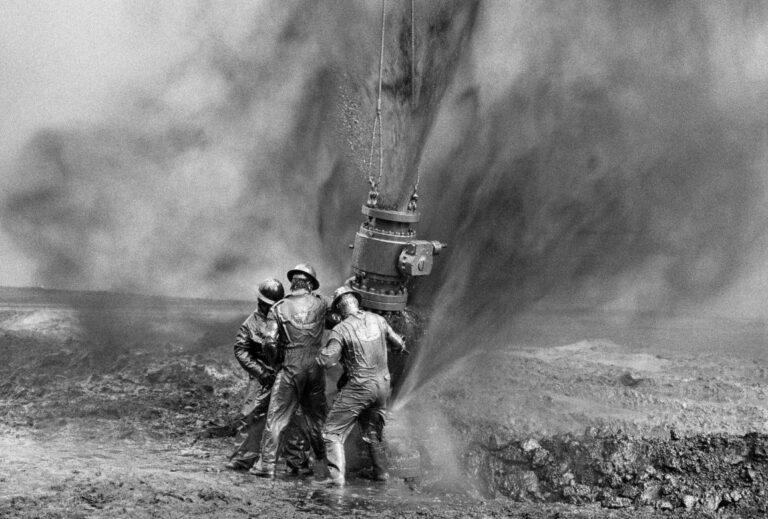by Adriano Izzo, Civil Lawyer and President of the Gennaro Santilli Foundation
When we talk about climate change and, in general, about the ecological crisis that afflicts our society, we are all aware of the gravity of the situation and its urgency.
What can we do to really change things? It is a necessary question that should guide and inspire every choice, every action that aims to save our planet and make it a better place for us and for future generations.
There is a system of values, principles, methods and behaviors that we would be willing to change to achieve this objective, but this strong willful drive – innovative and transformative – struggles to translate into systemic, collective and conscious action. With the consequence, with dramatic if not downright disastrous implications, that things never really change or they simply change but not to the extent necessary to generate real change.
The reasons for this stalemate are many because there are many conceptual and ideological approaches that can be used to frame the problem and try to solve it.
A useful and stimulating exercise should be to reflect on the role of law within the ecological but also economic and social debate and, above all, understand why the attempt to provide a legal solution to the problems of our time fails to have the effect hoped.
Law is the most powerful tool through which a specific interpretation of the world is expressed in social action.
However, if we analyze the currently dominant vision, a worrying fact emerges: the law is based on an obsolete conception that considers the world as a set of separate parts, whose ownership is a subjective right – that is, which belongs to the single individual – protected by the State .
In other words, law is the expression of a mechanistic vision of things (of Cartesian memory), which supports the exclusively corporeal nature of every entity, assimilated to a set of multiple parts that can be combined, separated and susceptible to individual appropriation.
This vision of the world characterized science until the end of the 20th century, demonstrating the fact that, from ancient times to the modern age, the two disciplines – science and law – have always had a parallel evolution, ending up influencing each other .
In recent decades, however, the scientific world has experienced a revolutionary paradigm shift, moving from a conception of the world as a cosmic machine understandable in every detail to a holistic and ecological conception that considers the world as a system, a network composed of communities and relationships and not by individuals.
The law, unfortunately, has not been influenced by this radical change of vision and has remained trapped in an atomistic conception of reality which finds its maximum expression in the protection of private property and in the legitimation of resource-depleting behavior by the individual.
The cultural orientation that forged this concept conditions the entire national and international regulatory production, which instead of promoting the conservation of our planet accelerates its destruction, ending up being subservient to unscrupulous economic interests completely unrelated to a logic of protection environmental.
The extraction and exploitation of resources are the expression of a completely short-sighted legal and economic system, which in turn are the representation and declination in practice of short-term cumulative interests.
Yet there is a solution to really change things.
As the eminent scholars Fritjof Capra and Ugo Mattei rightly state in the beautiful book “Ecologia del Diritto. Science, politics, common goods” (Aboca Edizioni 2017), we must rethink our human laws and their relationship with those that govern the ecology of a living planet, placing common goods at the center, whose fairness must be guaranteed by a sharing divorced from any extractive logic, and a long-term vision: in other words, it is necessary to abandon mechanistic law in favor of an “ecology of law”.
A sort of Copernican revolution of law, which modifies its most intimate structure – characterized by the centrality of the individual owner -, far from any political ideology and creator of a new eco-legal system based on the transformation of today’s capital into common goods.
This new order, however, cannot be imposed. We must allow it to emerge. Through ecological and legal literacy, civil commitment and the active participation of each of us.
Only in this way will we be able to achieve that cultural paradigm shift which, through law, will be able to save our planet and contribute to the solution to the environmental, economic and social crises of our time.
Photo: Sebastiäo Salgado, Brazilian photographer and photojournalist




